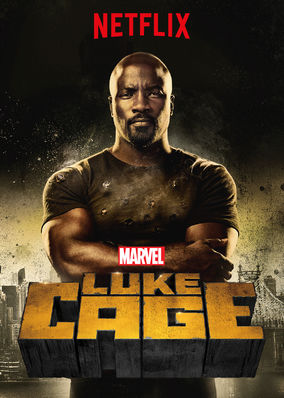How do you make an impression on the girl you’re in love with? This is the question Ted finds himself dealing with as we open this episode. Upon learning that Robin wants him to be more casual, Ted anxiously tries to figure out how to spend time with Robin without her reading too much into it. This leads him to the episode’s core premise, throwing a series of impromptu parties in hopes that Robin will show up to one and “run into” Ted.
Meanwhile, Ted’s parties cause issues for his roommate Marshall who’s trying to work on a paper for Law School. We watch the limits of Marshall’s patience get tested not only by the distraction of the party, but also his new fiancé Lily who excitedly wants to have sex with Marshall in the afterglow of their engagement. Lily’s character development remains the weakest here, simply being another present force in Ted and Marshall’s life. However, seeing Marshall’s tension about getting his paper completed effectively shows how Ted’s spontaneous choices effect Marshall.
Barney’s storyline propels a majority of the jokes. Barney’s declaration that “Every New York party contains a girl no one has heard of, and will never hear from again” immediately blows up in his face after the girl he meets at the first party begins to show up party after party after party. This represents one of my favorite uses of Barney: letting him seem clever and cool, before immediately showing how that blows up in his face. Further, the boomerang girl who keeps coming back allows us to feel the progression of each night more distinctly, where they otherwise may have blended together.
As Ted realizes the need to simply be upfront and honest with Robin, we begin to see that Robin and Ted’s relationship is far more complicated than setting up the right party or event to fall for each other at. The problem is that Ted, who throws constant parties in hopes of meeting one girl, isn’t the casual person Robin’s looking for. She wants something effortless, and everything about Ted desperately shows his effort. In the episodes final moments, where Ted attempts to embody the casual vibe Robin’s looking for, we feel the fundamental difference between these two. And as we see them believe they can turn that into a friendship for now, we also understand how difficult that will be. While Robin might be able to casually introduce Ted to different girls at the bar, will Ted be able to shift his gaze off of Robin?
This episode develops the core relationship in the show thus far, while adding additional layers to some of our supporting characters. Lily remains a little underdeveloped, but we can see the show moving in the right direction. A handful of good laughs, and some development in our main story, this show does more to propel our main narrative than establish a norm. Rare in a sitcom, but sets us up well for the next series of episodes that will spend more time establishing what those norms are going to look like.
Best Quotes:
“That’s great Ted. You’ll be the most casual stalker ever!” – Lily Aldrin
“I was thinking, what’s the quickest way to get rid of a girl you just met? Oh! I think I’m in love with you.” – Barney Stinson
Rating: 7.5/10








